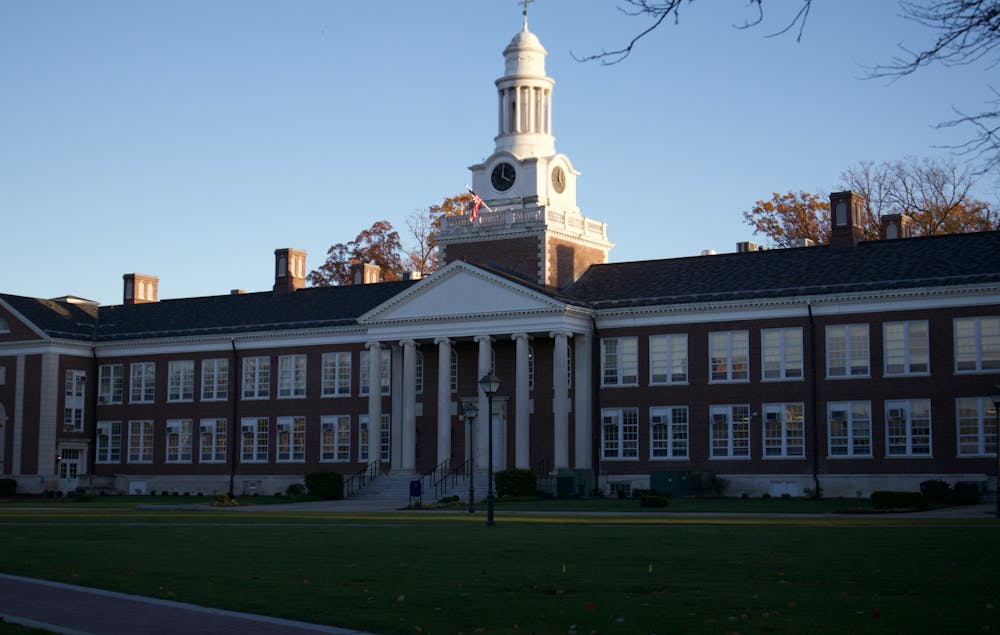By Victoria Gladstone
Editor-in-Chief
Part of Interim President Michael Bernstein’s LIONS plan suggests reducing adjunct faculty to cut back on the College’s spending. Bernstein has appointed a committee of faculty to examine staff responsibilities and find ways to reduce costs between $4.5 million and $5 million within the overall faculty budget.
This group of faculty members includes leaders like Interim Provost Suzanne McCotter, Faculty Senate President Abby O’Connor and Matthew Wund, the president of the College’s chapter of the American Federation of Teachers.
Last semester, Wund reported, there were 426 adjunct professors. This spring, there are 351 adjunct professors on campus, 30% of which are dues-paying members of the union.
Wund said that he believes he and O’Connor have “successfully convinced the President that [they] would like to take a more nuanced and strategic approach” to reaching these savings goals, rather than simply reducing adjunct faculty.
“Our goal is not to reduce adjuncts,” said Wund. “Our goal is to try to find efficiencies in the curriculum in various ways.”
Jason Dahling, chair of the psychology department, explained in an interview with The Signal his department’s usage of non-tenured faculty. For this semester, there are 87 sections of psychology and 26 are taught by adjunct faculty. According to Dahling, a significant portion of the courses taught by adjunct professors are entry level courses, including Psychology 101.
Dahling noted that courses like Psychology 101 are required for underclassmen coming to campus, and therefore multiple sections of the course need to run in order to cater to the students’ needs.
“I definitely do need to use adjunct colleagues to offer enough sections to meet the demand,” said Dahling. He also added that he believes “campus-wide, we are reliant on adjunct faculty and other types of roles that are not the standard, tenured track faculty.”
Dahling stated that the adjunct faculty play a large role in teaching courses that are in high demand, and are also experts in their field and can offer in-depth knowledge of their specializations in additional courses.
“I think if I had fewer [adjunct professors] teaching for us, there would be some real losses in terms of expertise and student experience,” said Dahling.
Wund also shared some of the same sentiments, saying that adjunct faculty bring real world experiences and fresh perspectives.
“Our adjunct colleagues are really important to me and to our union,” said Wund. “But also the faculty recognize they’re super important to the academic enterprise of this institution and the culture of this institution.”
In addition, if there were to be a reduction in the amount of adjuncts teaching courses, Dahling noted that full-time, tenured faculty may have to take up an increased workload, and the College might need to account for this by once again hiring more staff.
“I think to get to a point where we have fewer adjunct faculty, there would have to be more funding from the institution to hire tenure stream faculty,” said Dahling.
He said that when a professor overloads and teaches more than they’re required, they are compensated at the adjunct rate in those extra hours.
“We basically get paid as adjuncts when we teach above and beyond regular teaching,” said Wund.
As the semester continues, the future for adjunct professors appears to be unclear. The next update about the LIONS plan will be sent out on April 1, according to a March 7 email from Bernstein.







